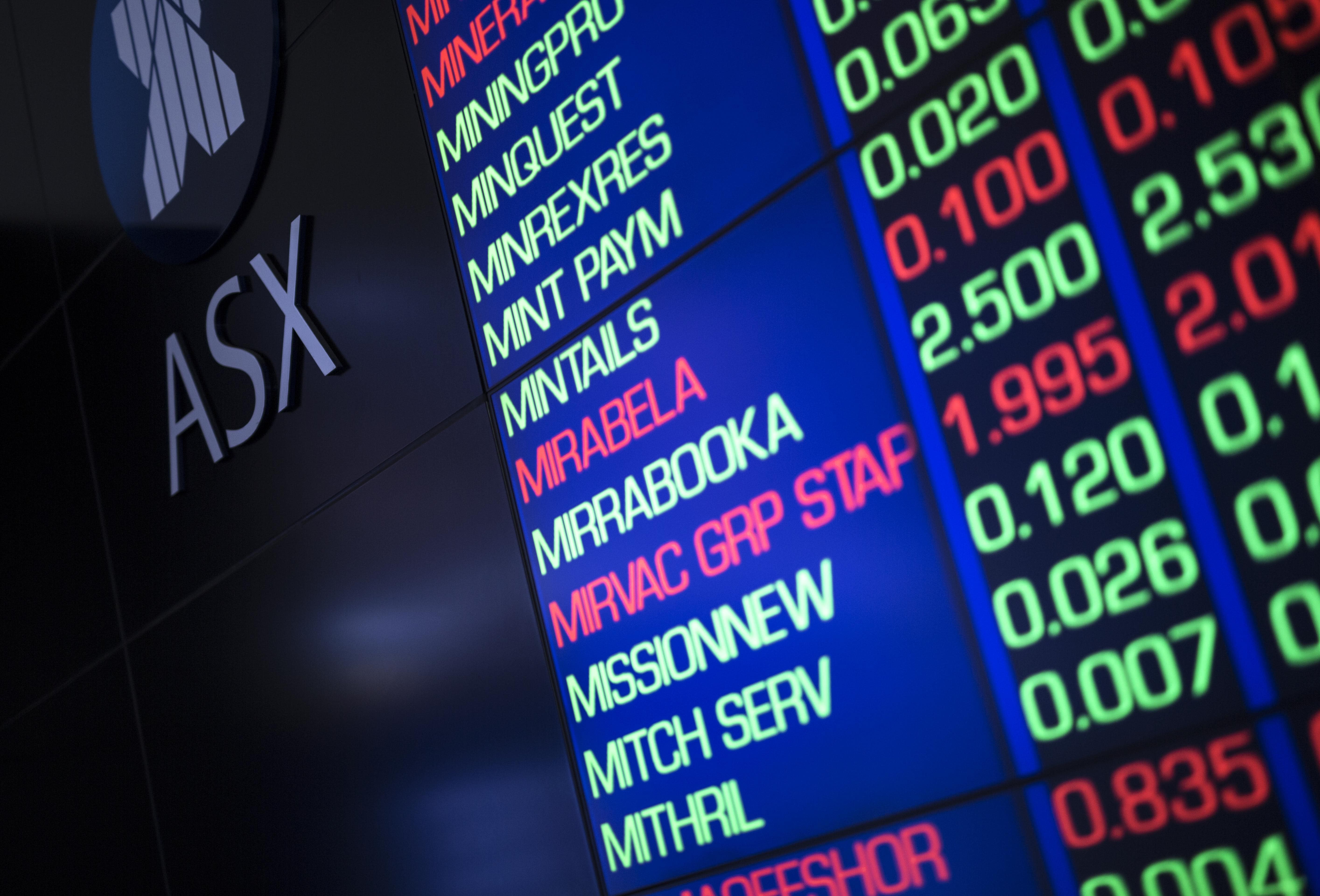
Stocks in Asia Pacific mostly declined in the morning, but mainland Chinese stocks bucked the trend. Gold prices soared to a nine-year high, while the dollar weakened after European Union leaders reached an unprecedented $2 trillion stimulus package.
Japan’s Nikkei 225’s lost 0.37%, while the Topix edged down 0.19%. The country’s manufacturing activity contracted for a 13th straight month in July, data showed, according to Reuters.
Over in South Korea, the Kospi rose 0.11%.
Shares in Australia also traded lower, with the S&P/ASX 200 down about 1%. Australia’s retail sales climbed 2.4% in June as its economy continued to reopen, data showed on Wednesday, according to Reuters. That follows a record 16.9% surge in the previous month.
In Hong Kong, the Hang Seng index was down 0.18%, with declines seen in property and tech names.
Mainland Chinese stocks rose in early trade, bucking the declining trend in Asia Pacific. The Shanghai composite rose 0.32%, while the Shenzhen composite was up 0.17%. The Shenzhen component jumped 0.76%.
Overall, MSCI’s broadest index of Asia-Pacific shares outside Japan was flat in the morning.
Gold prices rise, dollar weakens as Europe reaches stimulus deal
Investor sentiment was boosted after the 27 European Union governments reached a breakthrough agreement over new fiscal stimulus, following marathon talks in Brussels that lasted four days.
The European Commission, the executive arm of the EU, has been tasked with tapping financial markets to raise an unprecedented 750 billion euros ($857 billion). The funds will be distributed among the countries and sectors most impacted by the coronavirus pandemic, and will take the form of grants and loans.
In addition to the recovery fund, the EU said its next budget, which will fund initiatives between 2021 and 2027, will total 1.074 trillion euros. The two combined bring upcoming investments to the level of 1.824 trillion euros.
The pandemic has not shown signs of abating in recent weeks, with the outbreak surging across the U.S. and reaching record highs in new cases and deaths. Worldwide, the number of cases stand at over 14 million with more than 600,000 deaths, according to data from Johns Hopkins University.
Gold prices surged to a nine-year high on Tuesday on the back of the European stimulus package and coronavirus surge, ANZ Research’s Hayden Dimes said in a note.
“The unprecedented stimulus package is likely to push real interest rates even lower, a boom for non-yielding assets such as gold. This also comes amid a new surge in COVID-19 cases threatens to derail the economic recovery as governments ease restrictions,” Dimes wrote.
As of Wednesday morning during Asia hours, gold hit its highest level since September 2011.
Over on Wall Street, the Dow Jones Industrial Average climbed more than 150 points, after rising more than 300 points at its high of the day. The S&P 500 closed in positive territory with a modest gain of 0.2%. The Nasdaq Composite underperformed, dipping 0.8% as Facebook, Amazon Apple, Netflix and Google-parent Alphabet all closed lower.
The U.S. dollar index, which tracks the greenback against a basket of its peers, weakened markedly, hitting a four-month low on Tuesday. It was last at 95.123, continuing to decline from levels near 96 earlier this week.
“It remains to be seen if Republicans and Democrats have the same resolve demonstrated by EU leaders to find middle ground by next week on the new coronavirus relief bill,” DBS Bank wrote in a note. “This concern was evident in US equities which did not surge on the weaker USD.”
Currencies and oil
The Japanese yen traded at 106.81 per dollar, strengthening after levels above 107 seen earlier. The Australian dollar soared, changing hands at 0.7128 after seeing levels below 0.70 for most of this year.
Oil prices lost ground in the morning of Asian trading hours. International benchmark Brent crude futures were down 0.74% to $43.99 per barrel. U.S. crude futures also dipped 0.86% to $41.56 per barrel.
— CNBC’s Silvia Amaro, Christine Wang and Maggie Fitzgerald contributed to this report.
Source: CNBC
